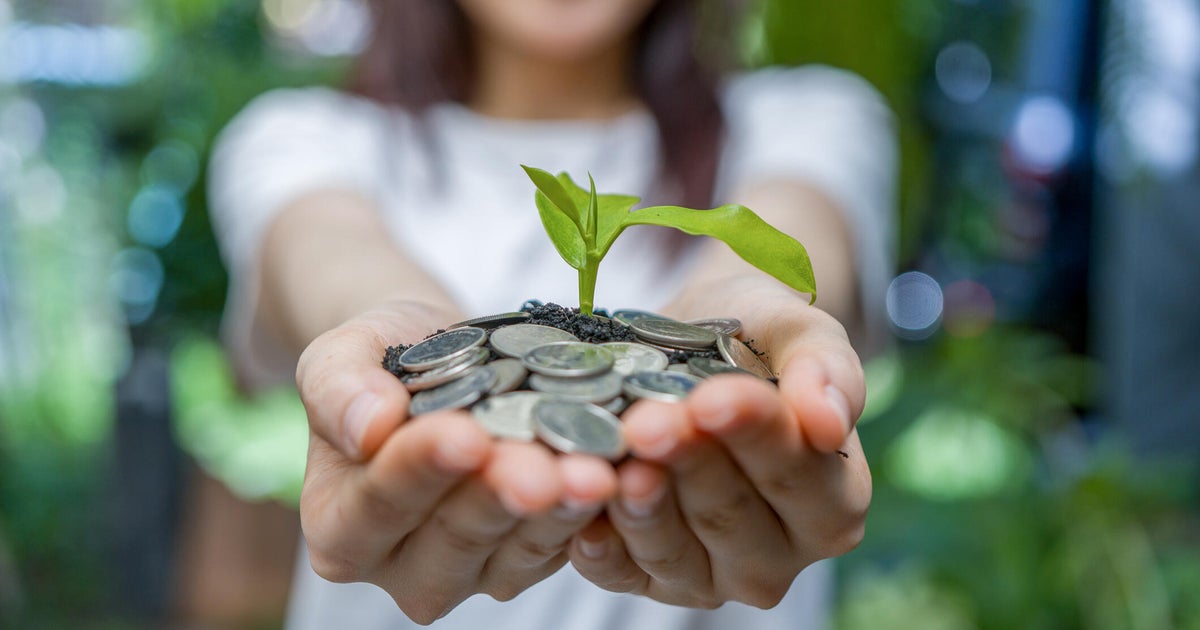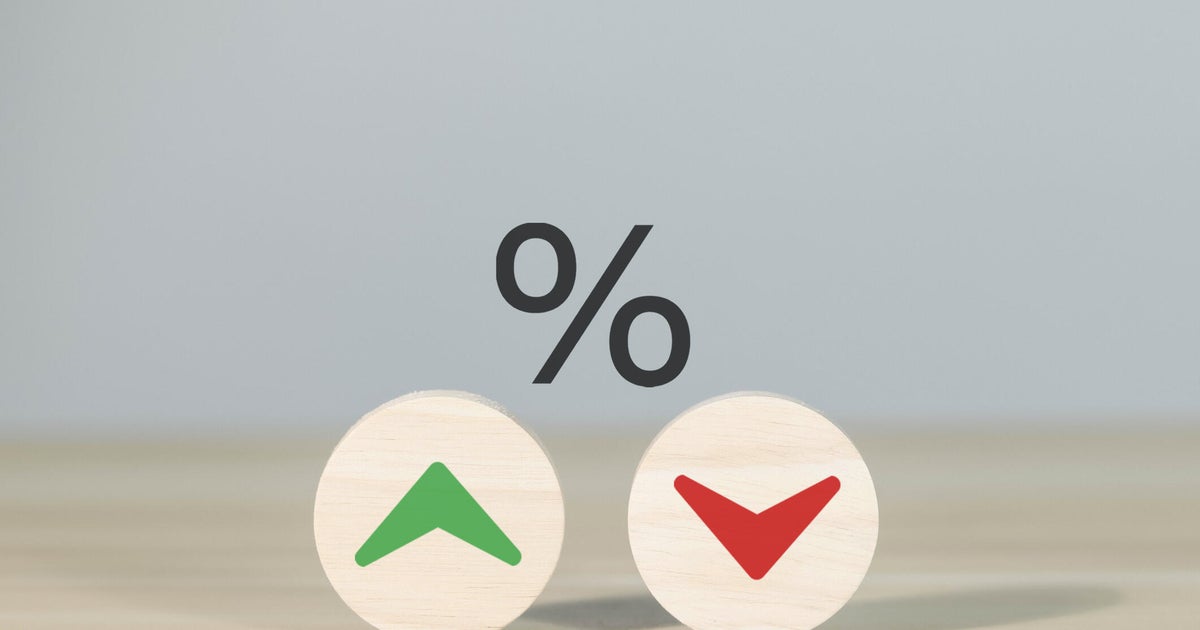How much money do you need in an emergency fund?
With banks closing, stubborn inflation, and stock market uncertainty, it's probably a good time to start beefing up that emergency fund — or opening one if you haven't already.
According to a recent survey from financial advisement firm Edward Jones, almost a third of Americans have less than $500 saved up for an emergency. And two in five expect their savings to last no more than a month.
"It isn't enough," says Meagan Dow, research analyst and certified financial planner at Edward Jones. How much, then, is enough for an emergency savings fund? In this article, we will break down exactly how much financial experts recommend.
One great way to boost your savings is by opening a high-yield savings account. These accounts offer exponentially higher interest rates than traditional accounts do and they come with little to no maintenance fees. You can explore your high-yield savings account options here now to see how much more you could be earning.
How much money do I need in an emergency fund?
Most financial professionals recommend you have three to six months' worth of expenses saved up — at the very least.
That's just a broad rule of thumb, though. In reality, the amount you need stowed away in your emergency account depends on your specific living situation and finances.
"An emergency fund should be based on your particular situation," says Lamar Brabham, CEO and founder of financial planning firm Noel Taylor Agency in North Myrtle Beach, South Carolina. "Start by forming a budget and separating wants versus needs. Then, you should set aside three months' worth of cash to cover needs, which would include housing, transportation, utilities, etc. After you've accumulated enough to cover the needs, consider adding additional funds to cover the wants."
You should also consider potential risk factors in your life that may come with sudden costs — or sudden losses — in the near future.
As Dow explains, "If you have a relatively higher risk of unexpected expenses — for example, having an older car that is likely to need repairs, higher risk of loss of income — such as if you're a single-income household or work in an industry with high job insecurity, or simply value the comfort of being able to weather emergencies, you may want to save more."
Explore your high-yield savings account options now and get started.
How important is an emergency fund right now?
You also may want to consider the state of the larger economy when determining how much to put in your emergency fund. Right now, for example, the possibility of a recession still looms. There have also been bank closures, and the stock market has been volatile in recent months. Given all this, saving more than the typical three to six months may provide some extra peace of mind.
"It's always a good idea to save more money when a recession is looming and while the Federal Reserve continues to try and cool inflation by raising interest rates," says Krisstin Petersmarck, investment advisor representative at Bridgeriver Advisors in Bloomfield Hills, Michigan. "Life will continue to be more expensive than what we have seen in the last decade. Having a bigger safety net can ease unexpected financial burdens, as well as ease stress."
In light of today's "financial environment," Brabham actually recommends clients save between six and 12 months of expenses "just to be safe," he says.
"With inflation impacting everyday life, rising interest rates, bank failures, and an overall gloomy outlook on the economy, a safety-first posture is recommended," Brabham says.
How to build your emergency fund faster
If you don't have that three to 12 months of emergency cash saved up just yet, it might be a good time to open a high-yield savings account. Rates on these accounts have been rising in recent months and can help you save up funds faster than traditional checking accounts can.
You can also look to certificates of deposit, which have seen rising interest rates, too. These offer a preestablished return as long as you cash it in after the CD's maturity date. You can get CDs that last anywhere from a few months to five years, usually.
Brabham also recommends setting up automatic deposits into your savings account, if at all possible.
"Payroll deductions, bank drafts, and any other automatic mechanism that will take the human element out of the equation is key," Brabham says. "The old rule, 'If you don't see the money, you won't spend it,' applies to an emergency fund."
You can also make it a point to funnel any windfalls you might get into your account — things like tax refunds or holiday bonuses. As Dow puts it, "Even relatively small amounts can improve your financial stability."
Explore your high-yield savings account options online now or via the table below and start growing your emergency fund.




